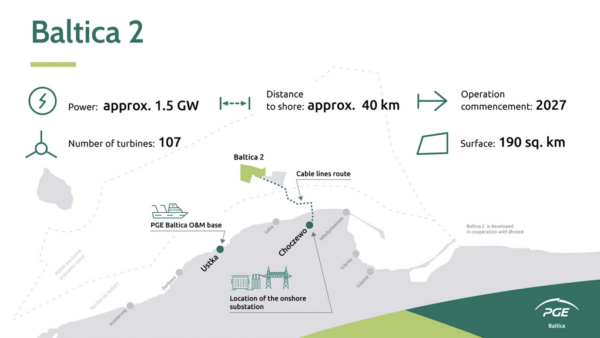The UK’s Nuclear Industry Council, the government and industry forum for the nuclear business, has agreed a £200m ($260m) deal that sets out a joint policy framework for the future of civil nuclear power in the UK.
The Nuclear Sector Deal is intended to build up the UK’s nuclear research and manufacturing base so that it can compete in a global market said to be worth £100bn.
The spending includes £86m for a national fusion technology platform at Culham, Oxfordshire; £56m for research into small modular reactors (SMRs); £40m for research centre for advanced nuclear technologies; £32m for an advanced manufacturing and construction programme and £30m for a national supply chain programme.
Greg Clark, the business secretary, said the deal was an important element of the government’s industrial strategy white paper.
He described it as “an important moment for the government and industry to work collectively to deliver the modern Industrial Strategy, drive clean growth and ensure civil nuclear remains an important part of the UK’s energy future”.
Tom Greatrex, chief of the Nuclear Industry Association, said the deal would “ensure nuclear plays a key role in providing the UK’s low-carbon energy supply for the future, maximising opportunities in overseas markets, leveraging technology and innovation and increasing competitiveness”.
The UK was a pioneer of a “closed fuel cycle” nuclear industry, in which nuclear waste is reprocessed into fuel for civilian and military use. However, the industry’s skills base has eroded since Sizewell B, the UK’s only pressurised water reactor, was completed in 1995.
Now the government is hoping to build a new fleet of third-generation reactors, it has to create an industry that can benefit from the demand for high technology and advanced engineering.
It also has to cut the costs and risks of nuclear construction to enable it to compete with renewable generation distributed by smart grids with battery storage, which may reduce the need for the kind of baseload generation that nuclear can provide.
Lord Hutton, the chair of the NIC, commented: “The industry wants nuclear energy to remain competitive against other forms of low-carbon energy – which is why we are committed to working with government to reduce costs across the sector.
“Today’s funding boost will support this common goal; increasing the UK’s industrial capabilities as well as signalling our global leadership in nuclear to the rest of the world.”
The government’s strategic aim is to cut the cost of new nuclear projects by 30% by 2030 and the cost of decommissioning old sites by 20% by 2030.
This is against the background of a 2015 report by the International Energy Agency and Nuclear Energy Agency into the cost of generating electricity in different countries, which predicted that the UK’s third generation nuclear plants would produce the most expensive nuclear energy in the world.
It is also against the background of a National Audit Office report from 2017 that detailed “fundamental failures” in the way the Nuclear Decommissioning Authority managed a £6.2bn project to decommission the UK’s first-generation nuclear sites. As a result of these, it said, the UK taxpayer was left more than £122m out of pocket.
Image: The UK’s nuclear went into hibernation following the completion of the 1.2GW Sizewell B reactor in 1995 (ICE)
Further reading:
Comments
Comments are closed.











does this meet in with the Paris agreement??